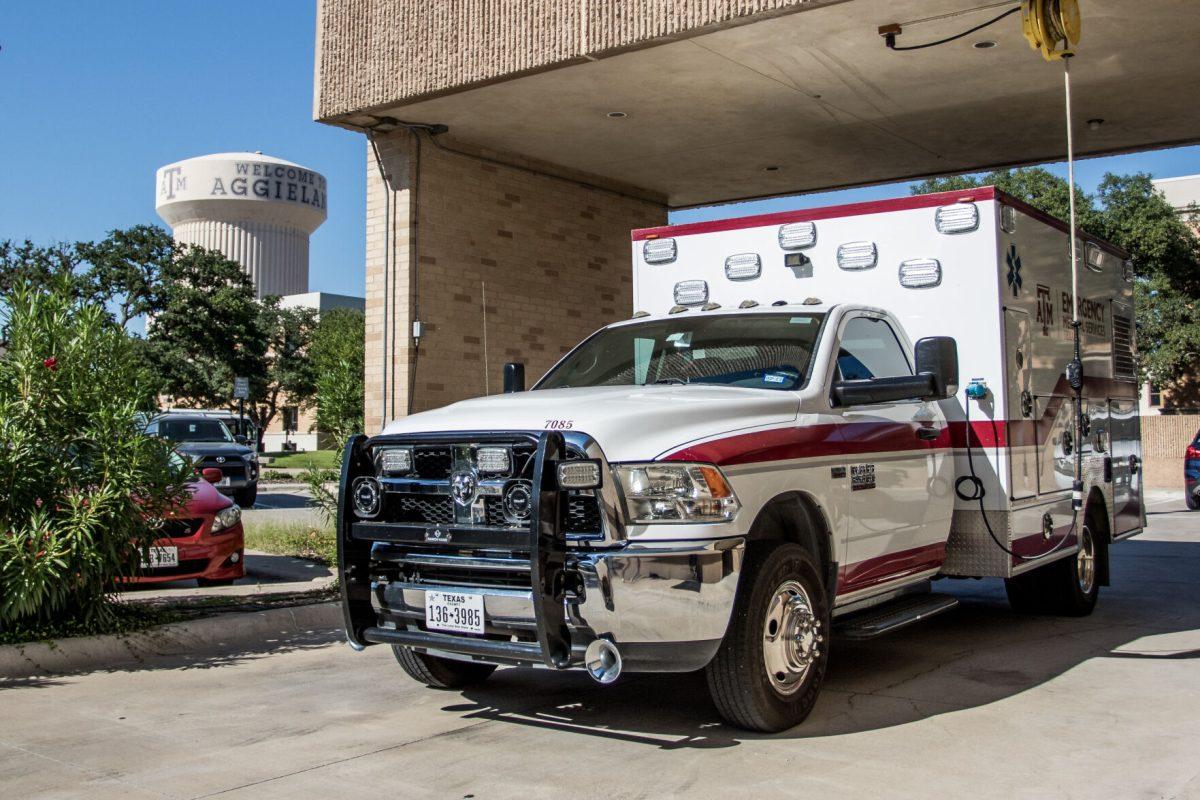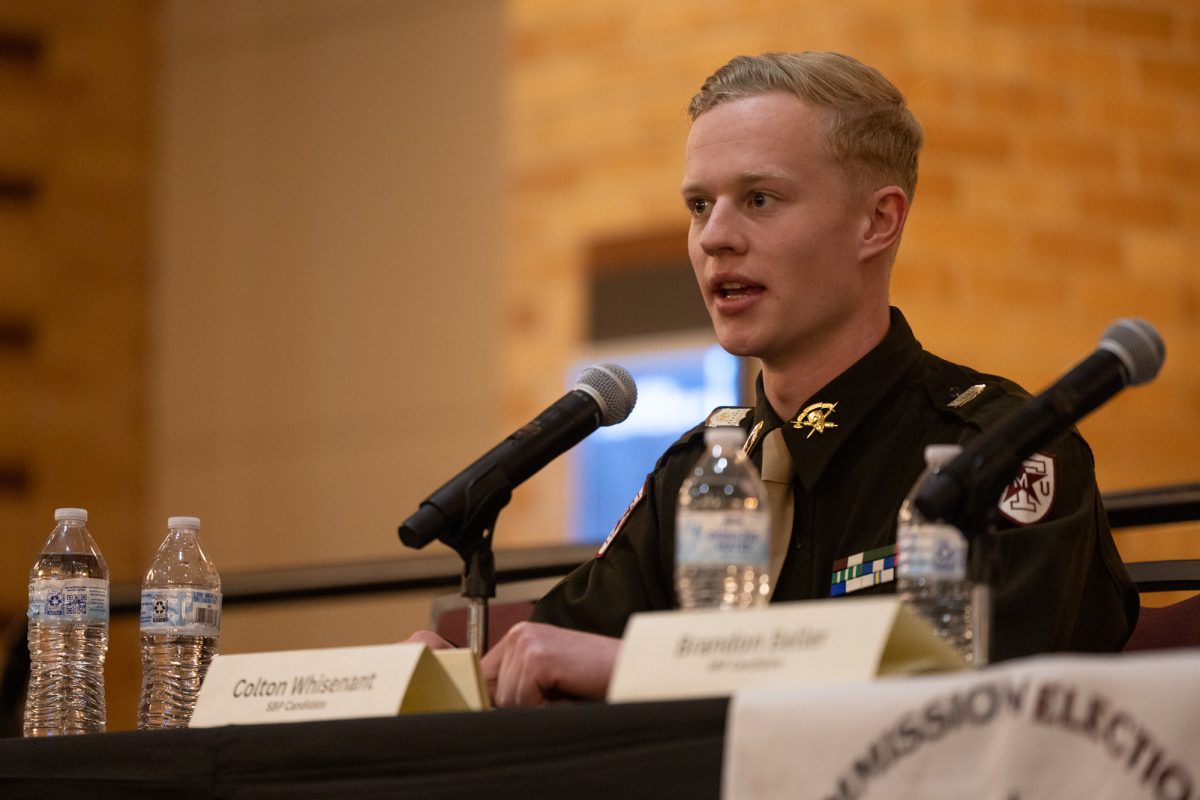The Texas A&M Student Senate unanimously passed the “Better Beutel Bill” to advocate for A&M to increase funding for the A.P. Beutel Health Center located on campus.
By a vote of 53-0, the senate passed this bill at its Feb. 21 meeting to recognize and support the staff at Beutel with critical funding so the student body could get access to important resources, such as the potential reinstatement of free testing of sexually transmitted infections, or STIs.
As outlined in the bill, Beutel is currently recognized by A&M as an auxiliary-funded organization, rather than a centrally-funded organization. This impacts the amount of funding the institution receives from A&M.
“This collaborative effort between the Texas A&M University EMS and the BCS Fire Department implies the students of Texas A&M are essentially paying a tax towards the Texas A&M University EMS,” the bill reads.
Students are required to pay a student health fee, which is about $75 semesterly. Ten percent of funding generated goes to A&M EMS, which assists the Bryan and College Station Fire Departments “in serving the community outside of Texas A&M students,” the bill says.
The bill says it would be in A&M’s best interest to increase Beutel’s funding to support its maintenance and longevity, allowing it to support necessary programs that could aid more students.
“[Beutel] could reinstate great services like free STI testing each semester, improve the current health services offered by the clinic like medical care counseling and more and create new health services to promote better quality care to all students of [A&M] regardless of race, religion, sexual orientation or socioeconomic status,” the bill says.
Off-Campus senator Riley Bottoms authored the bill and said she is passionate about student health due to her own history as a cancer survivor. During her childhood, Bottoms was diagnosed with acute lymphoblastic leukemia and received treatment as a St. Jude Children’s research patient.
“I’ve seen what quality health care funding can do when matched with quality care in somebody’s life,” Bottoms said.

If recognized as a centrally-funded organization, the university would pay for repairs and utilities rather than Beutel itself. This would make a difference as Beutel is currently funded by the money that it makes from providing its services to students.
“Here at A&M, if you are an auxiliary institution, you are required to fund any utilities, services, fixes within the building itself … from your own budget.” Bottoms said. “Whereas compared to a centrally-funded organization, you get all the money and funding for anything new, anything that’s broken, anything that you need, any initiatives from Texas A&M.”
While the bill does advocate for more funding for Beutel, it also tasks Student Senate with recognizing outstanding individuals within the health center on its Instagram while also having notes of appreciation sent to the staff by the Constituency Affairs Committee.
“My intention behind this bill is to bring awareness to the fact that AP Beutel Health Center is staffed with quality people who are here to serve A&M students with excellent care,” Bottoms said.
Bottoms voiced her support for the staff at Beutel, and said that they are not presently fully equipped, in terms of funding, to achieve their highest potential of care.
Additionally, the bill encourages A&M to explore the idea of raising funds and finding the space to build a new Beutel facility, or at least to look into building multiple outpatient clinics in order to provide more students with care.
“Quality care deserves and requires quality, sustainable funding, and they don’t quite have that right now,” Bottoms said.






















